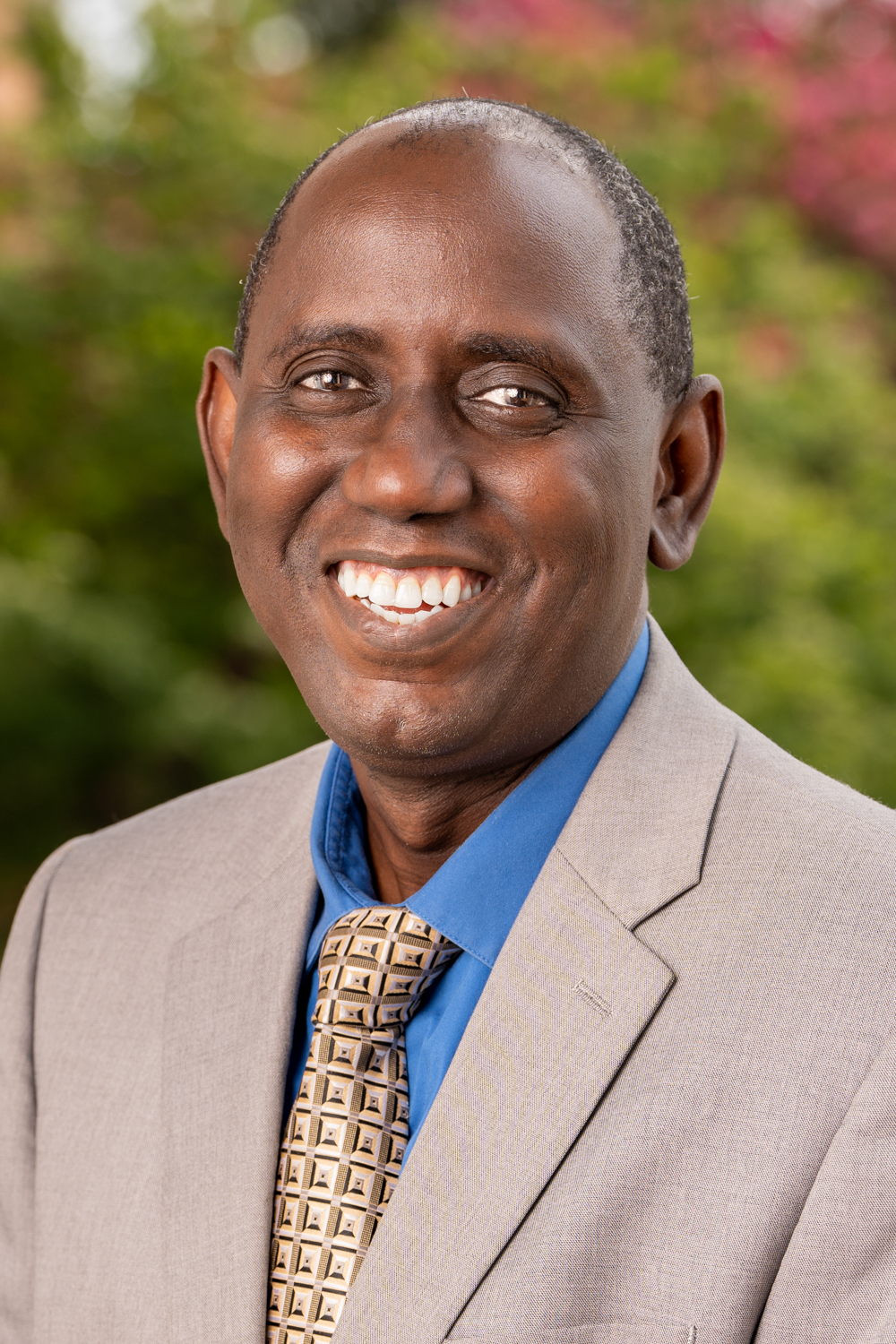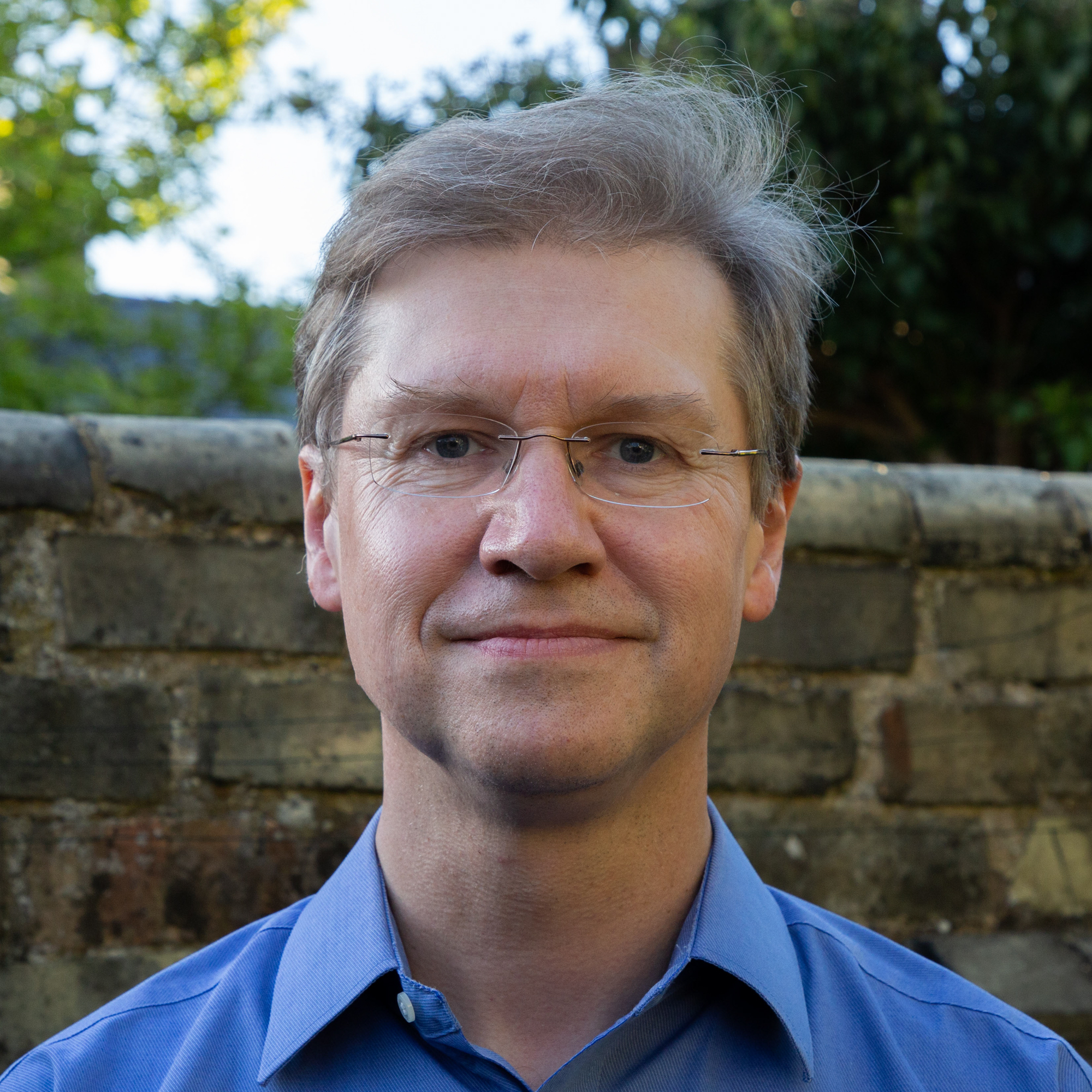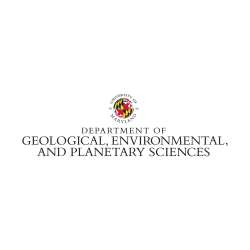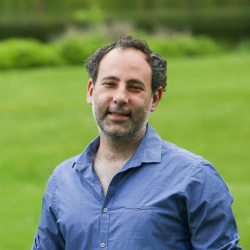Michael Brown, Abba Gumel and Christopher Reynolds Named 2025 Distinguished University Professors
Michael Brown, Abba Gumel and Christopher Reynolds have been named 2025 Distinguished University Professors at the University of Maryland. The title of Distinguished University Professor is the highest academic honor bestowed by the university.
They join more than 60 colleagues in the College of Computer, Mathematical, and Natural Sciences who have been named Distinguished University Professor since 1980. Distinguished University Professors are faculty members who have been recognized nationally and internationally for the importance of their scholarly achievements. UMD’s president, along with a committee composed of the provost and seven faculty members—including several Distinguished University Professors—from diverse disciplines select the honorees each year.
They will be honored on September 17, 2025, at UMD's Faculty & Staff Convocation.
Michael Brown
Department of Geology

A world leader in metamorphic geology, Michael Brown has spent his 53-year career exploring how Earth’s rocks transformed over time, providing original contributions and insight about heat and mass transfer and secular change. His discoveries about the evolution of global tectonics and development of the Earth’s continental crust have led to foundational changes in his field.
“He is one of the best-known and most respected figures in his area,” says Amitabh Varshney, dean of UMD's College of Computer, Mathematical, and Natural Sciences, noting that Brown’s research has led to the rewriting of textbooks. “His pioneering work has led to a profound rethinking of the interpretation of geologic history.”
His research offers “a landmark contribution into our understanding of metamorphic belts and their evolution through time,” says Monash University Professor and Australian Research Council Laureate Fellow Peter Cawood.
The founding editor of the Journal of Metamorphic Geology and former president of the Mineralogical Society of America, Brown has published 186 peer-reviewed papers and 33 reports and coauthored one and edited four books. His work has been cited more than 20,000 times.
With a bachelor’s degree in geography and geology and a doctorate from Keele University, Brown served as chair of UMD’s Department of Geology from 1990 to 2011, during which time it earned international renown in the fields of geology and geochemistry. In 2024 he received the Winston Family Honors Faculty Award for outstanding advising, mentorship and supervision of UMD honors students.
Brown is a fellow of the American Geophysical Union, the Geological Society of America and the Mineralogical Society of America. A past winner of the John Sacheverell A’deane Coke Medal for service to geology from the London-based Geological Society, Brown also earned a Distinguished Geologic Career Award from the Geological Society of America and the Collins Medal from the Mineralogical Society of the United Kingdom and Ireland.
“It is not possible to overstate Mike’s influence on and high standing in the field of metamorphic geology,” says Donna Whitney, University of Minnesota professor and past president of the Mineralogical Society of America. “You can pretty much pick any major topic in the geosciences that touches on metamorphic processes at any scale...and there will be a significant Mike Brown paper on the topic.”
Abba Gumel
Department of Mathematics

A global leader in mathematical biology, Abba Gumel provides insight and understanding on the spread and control of infectious diseases of major public health significance, such as malaria, tuberculosis and influenza-like pandemics. He designs, validates and simulates novel mathematical models for predicting disease trajectories and formulating strategies to control and mitigate their burden.
“What impresses me most is the broad scope and importance of the problems Gumel attacks, the depth of the mathematics, the substantial contact with real-world situations, and the range of collaborators he has worked with,” says Simon Levin (Ph.D. ’64, mathematics), the James S. McDonnel Distinguished University Professor in Ecology and Evolutionary Biology at Princeton University.
Gumel earned his Ph.D. in mathematics at Brunel University of London and bachelor’s degree in mathematics from Bayero University in Nigeria. He came to UMD in 2022 as the Michael and Eugenia Brin Endowed Chair in Mathematics, after professorships at Arizona State University and the University of Manitoba. He also holds joint appointments in the Institute for Physical Science and Technology and the Institute for Health Computing. His more than 170 peer-reviewed publications have received nearly 14,000 citations. He has written four edited volumes.
Gumel has advised 23 current and previous Ph.D. and master’s students, 10 undergraduates and 10 postdocs. He is editor-in-chief of Mathematical Biosciences and associate editor of seven other journals, including three in Africa. He led the U.S.-Africa BioMath Initiative to build the field’s capacity and served on the African Scientific Committee of the Nelson Mandela African Institute of Science and Technology. He was secretary of the Canadian Applied and Industrial Mathematical Society, which awarded him the Arthur Beaumont Distinguished Service Award.
For contributions to the mathematical theory of epidemics, Gumel delivered the 2021 American Mathematical Society Einstein lecture, a top honor in the field; he is a fellow of the American Mathematical Society, American Association for the Advancement of Science, African Scientific Institute, Society for Industrial and Applied Mathematics, Nigerian Academy of Science, African Academy of Sciences and World Academy of Sciences.
“Dr. Gumel is not just a leader in research, but one who has broadened our thinking, unified the study of many diseases through common principles, and who has shaken up the conventional wisdom on how diseases spread,” says Professor Frederick R. Adler, University of Utah School of Biological Sciences director.
Christopher Reynolds
Department of Astronomy

Astrophysicist Christopher Reynolds is a trailblazer in the study of supermassive black holes and universally regarded as a leading X-ray astronomer. Equally talented at theory and observation, Reynolds has carved a global reputation for studies of the plasma physics of black hole accretion flows and the hot, diffuse plasmas in galaxies and galaxy clusters.
“I know of no other researcher who can go between observations, project leadership, data analysis, theory and large-scale numerical computations with the ease that Chris navigates this terrain,” says Steven Balbus, Savilius Professor of Astronomy emeritus at the University of Oxford.
He earned his B.A. in theoretical physics and Ph.D. in astronomy at the University of Cambridge and later held the Hubble Fellowship at the University of Colorado Boulder. He came to UMD in 2001 and was later named director of the Joint Space Institute (JSI) and the Astronomy Center for Theory and Computation. In 2017, Reynolds was appointed to Cambridge’s Plumian Professorship, one of astronomy’s most prestigious positions. He returned to UMD in 2023 to again lead JSI, a partnership between the Department of Astronomy and NASA Goddard Space Flight Center. He’s now leading AXIS, a $1 billion X-ray observatory mission chosen by NASA last year to enter Phase A development.
“His extensive scientific contributions and his brilliance are internationally recognized, and his successful leadership of the AXIS space satellite project—the only high-resolution X-ray telescope likely to be built in the next two decades by NASA or any other space agency—puts him in a class of his own,” says Professor C. Megan Urry, director of Yale University’s Center for Astronomy and Astrophysics.
Reynolds has authored over 350 peer-reviewed papers, amassing nearly 31,000 citations. His honors and awards include delivering the 2024 McDonnell Distinguished Lecture, a Simons Fellowship, the Helen B. Warner Prize and a European Research Council Advanced Grant. He has mentored 20 Ph.D. students, 21 postdocs and early-career researchers, and numerous undergraduates. Reynolds is a favorite educator, winning astronomy’s 2024 Distinguished Faculty Teaching Prize, and an energetic science community leader, serving on national and international advisory panels and helping to organize conferences, among other activities.
Written by the Office of Marketing and Communications







